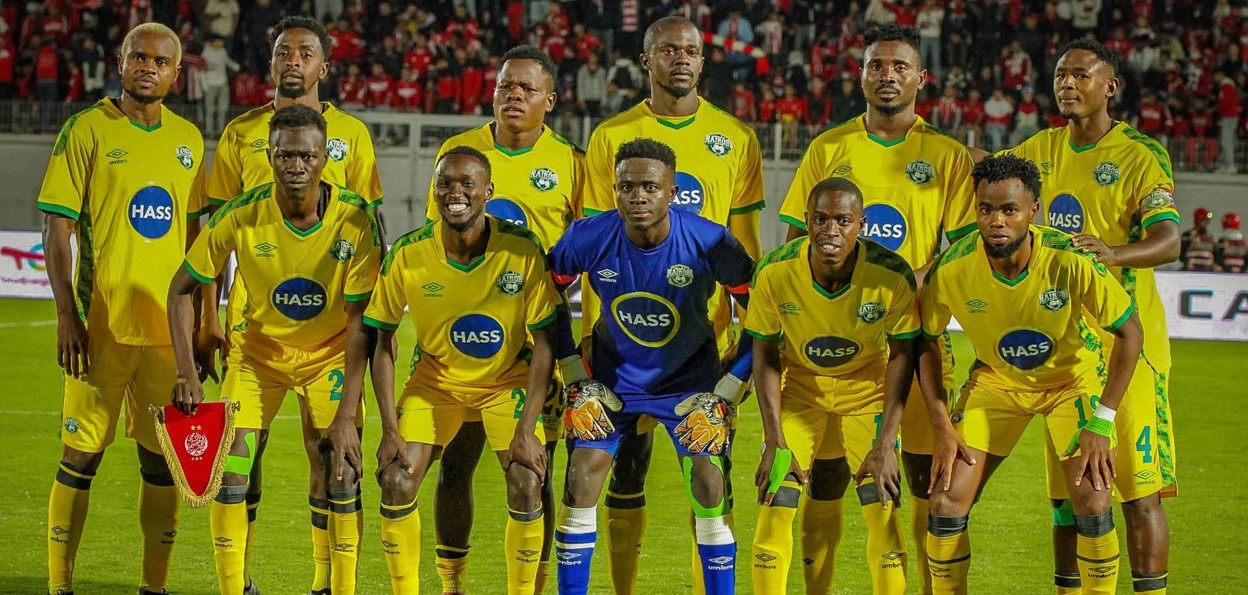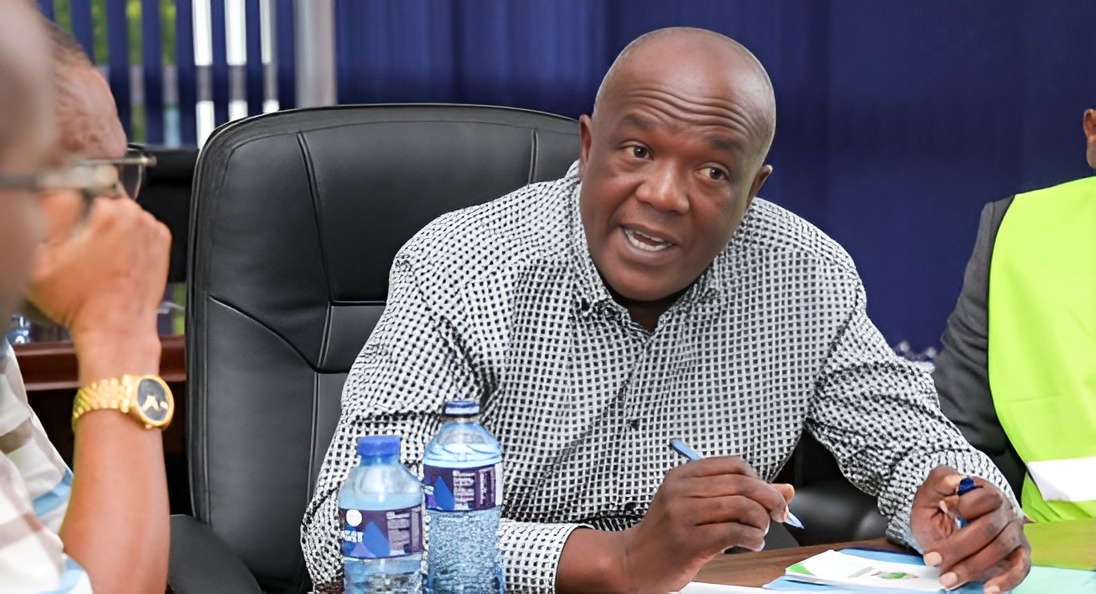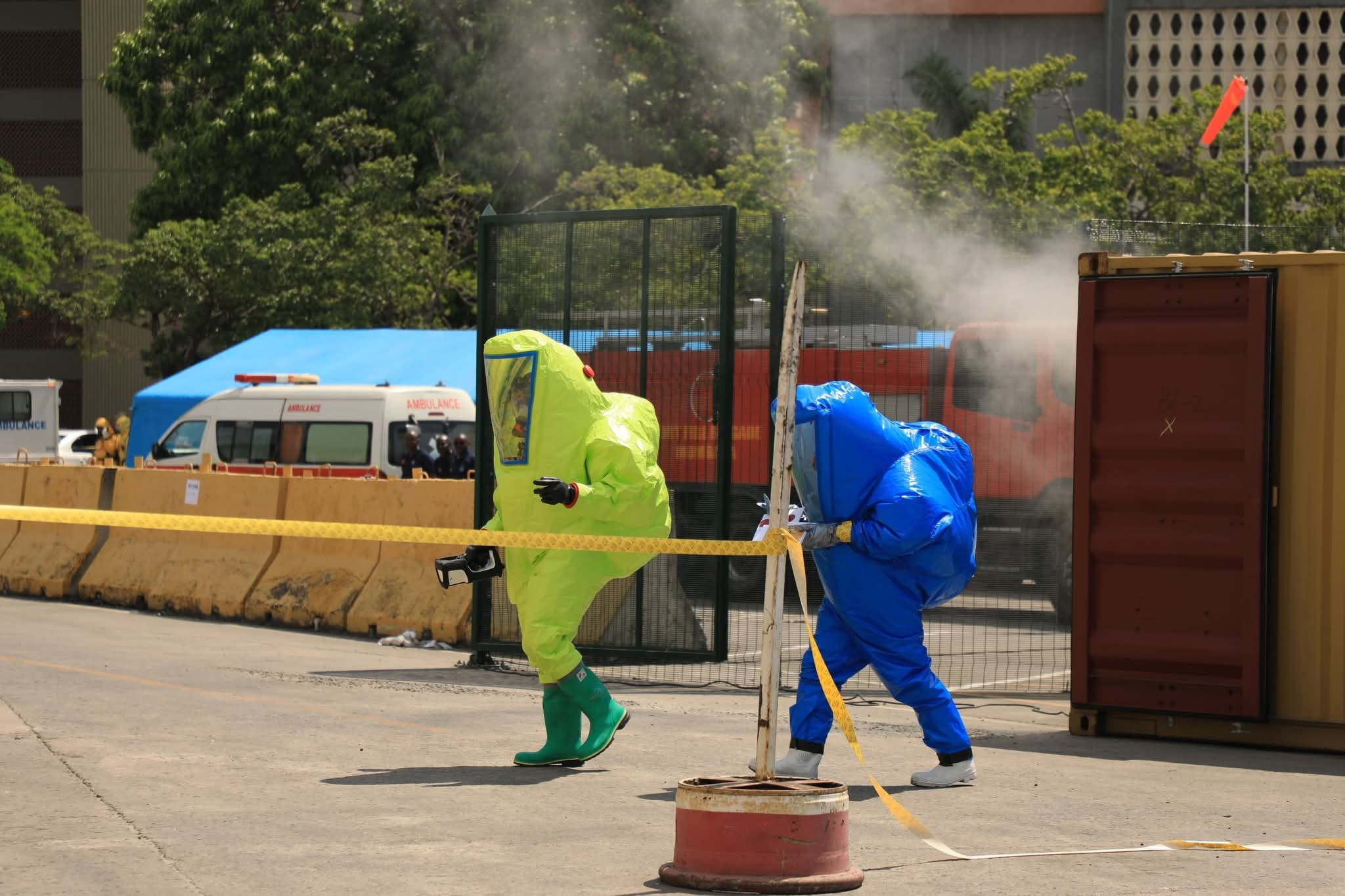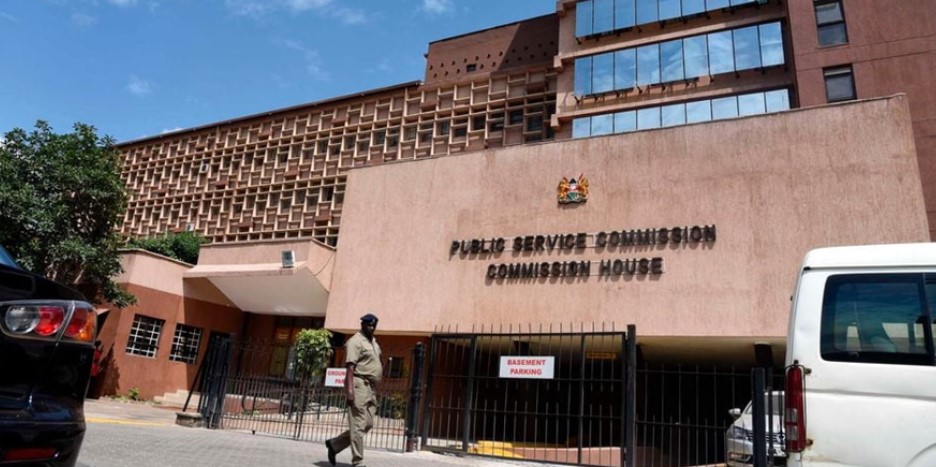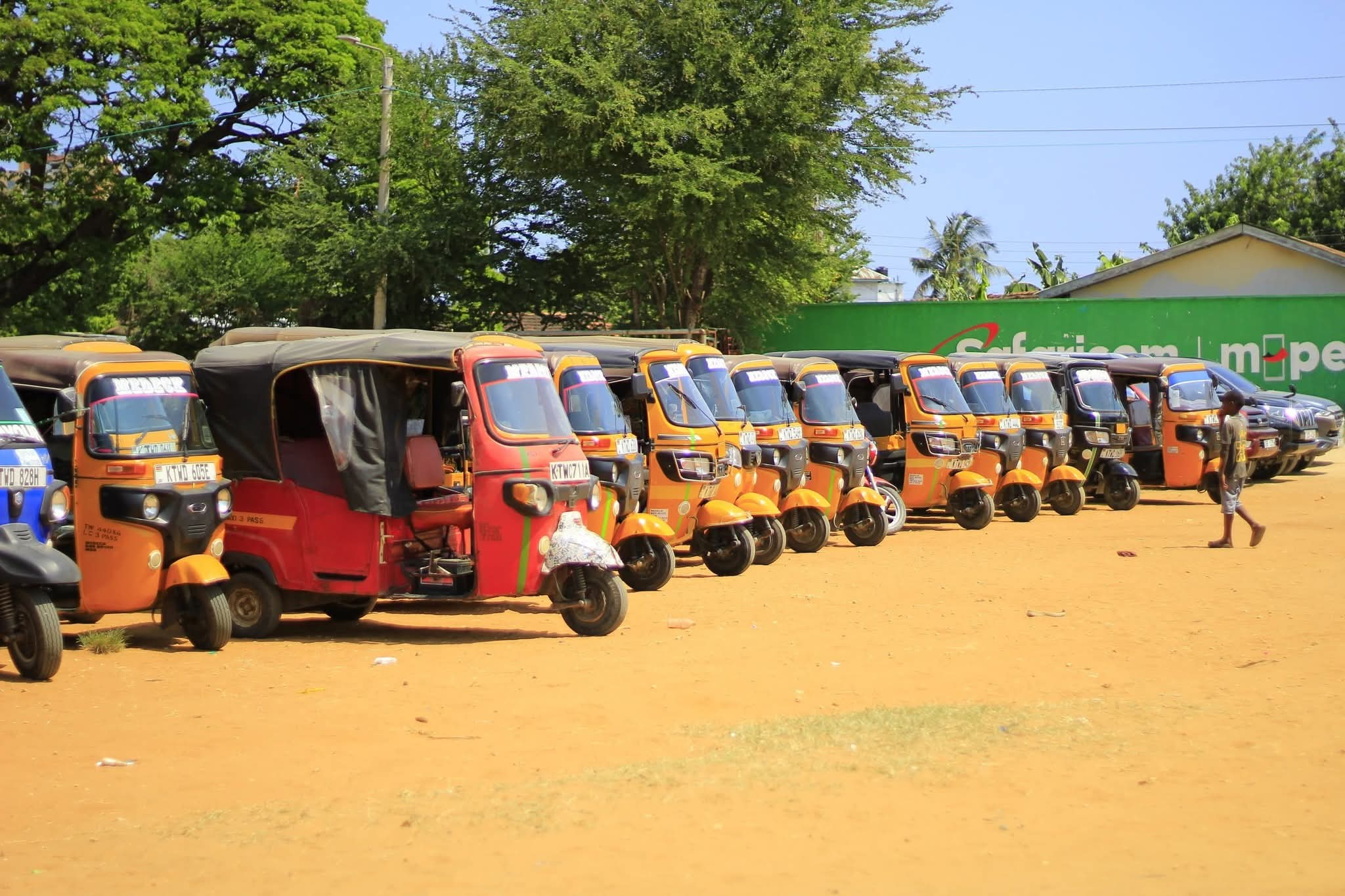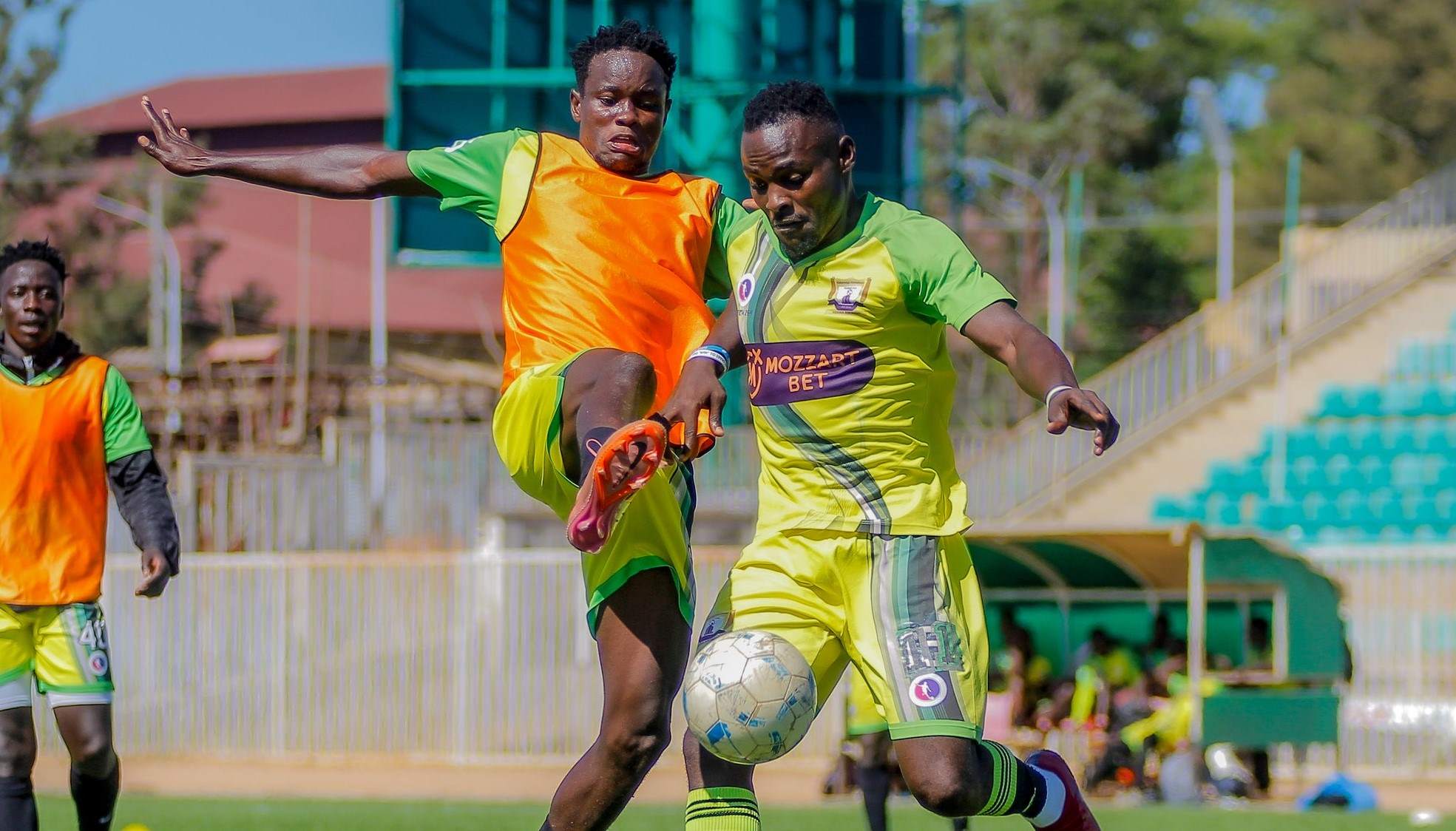MPs demand Sh5.9 billion budget reallocation for national exams amid Treasury cuts
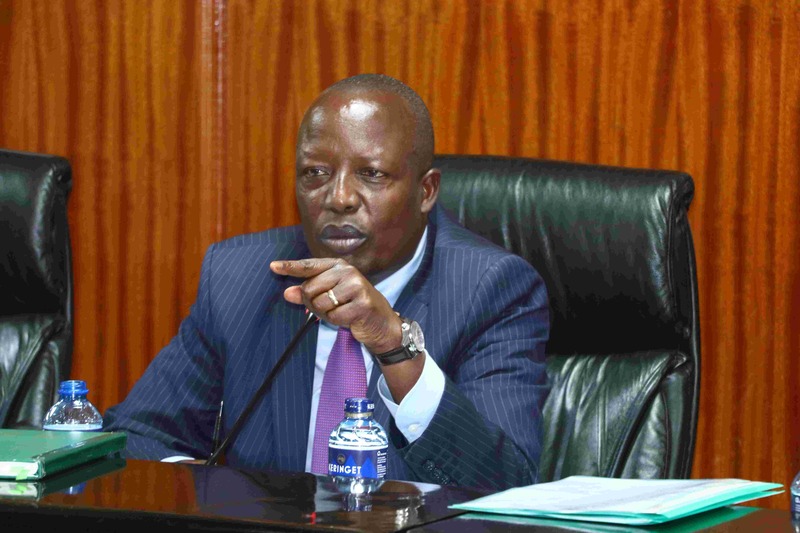
The reallocation plan includes Sh3 billion from secondary schools, Sh2 billion from junior schools, and Sh900 million from primary schools.
The National Assembly’s Education Committee has requested a Sh5.9 billion reallocation in the 2025/26 budget to fund national exam administration, which was initially excluded from the proposed estimates.
Committee Chairperson Julius Melly told the Budget and Appropriations Committee on Monday that the funds would be drawn from existing capitation allocations for secondary, junior, and primary schools.
More To Read
- Police officer shot dead while guarding exam container in Turkana
- Ministry of Education addresses missing exam papers in KJSEA rollout
- Schools warn national exams integrity at risk as delayed funds disrupt preparations
- How KNEC plans to curb exam cheating in 2025 national examinations
- CS Ogamba declares tough sanctions against unruly students amid school unrests
- Anti-Counterfeit Authority seizes over 2,500 fake calculators targeting candidates
The reallocation plan includes Sh3 billion from secondary schools, Sh2 billion from junior schools, and Sh900 million from primary schools.
"Examinations are a critical component of our education system. Without proper funding, the credibility and effectiveness of the assessment process are at risk," Melly said.
He revealed that the total required for examination administration stands at Sh11 billion, meaning there is a shortfall of Sh5.1 billion.
The committee is also seeking Sh7.3 billion to convert 20,000 intern teachers to permanent and pensionable terms once their contracts end this year.
An additional Sh1.9 billion has been proposed to recruit 2,000 instructors for Technical and Vocational Education and Training (TVET) institutions.
"This will bridge the current TVET instructor gap, which stands at 6,000," Melly said.
The proposals also include Sh17 billion to provide scholarships for 208,000 incoming university students, and Sh3.7 billion as matching funds for school infrastructure through the National Government Constituencies Development Fund.
The Budget and Appropriations Committee is expected to review the proposals this week before finalising its report.
Kaiti MP Joshua Kimilu had earlier threatened to rally fellow legislators to boycott parliamentary proceedings if funds were not allocated for the national exams in the upcoming budget.
Kimilu condemned the Treasury’s decision to allocate zero funds to the education sector, warning that this move risks jeopardising the future of Kenyan children.
On May 14, National Treasury Cabinet Secretary John Mbadi stated that no parent would be required to pay for their children to sit the Kenya Certificate of Secondary Education (KCSE) exams after the government failed to allocate funds for the administration of the national tests.
Speaking during an interview on Ramogi FM, Mbadi attributed the lack of funding for the national examinations to alleged abuse by officials in previous years.
According to the Treasury CS, the annual allocation of Sh11 billion for printing and issuing the national examinations was excessive, and the money was significantly misused by some government officials.
Mbadi noted that the funding was temporarily halted to allow the government to investigate several issues related to the use of the funds.
However, a week later, Mbadi confirmed that from next year, parents will begin shouldering the examination fees as the decade-long exam waiver is set to be scrapped.
While this news brings some relief amid mounting anxiety among parents that the waiver might be lifted this year, the removal of the remission will add financial pressure on households already struggling with school fees and the high cost of living.
Mbadi defended the policy shift, saying the examination subsidy has become unsustainable due to rising costs and competing priorities in the education sector amid budget deficits.
"We have to review the cost, that's why we should pay for examinations for all students, including those in private schools? We should be subsidising examinations for those who cannot afford them, especially in public schools," Mbadi said during an interview with NTV.
Top Stories Today

